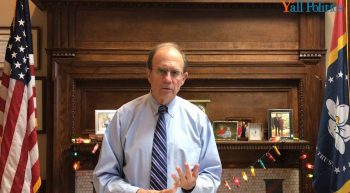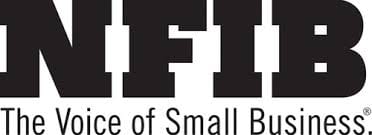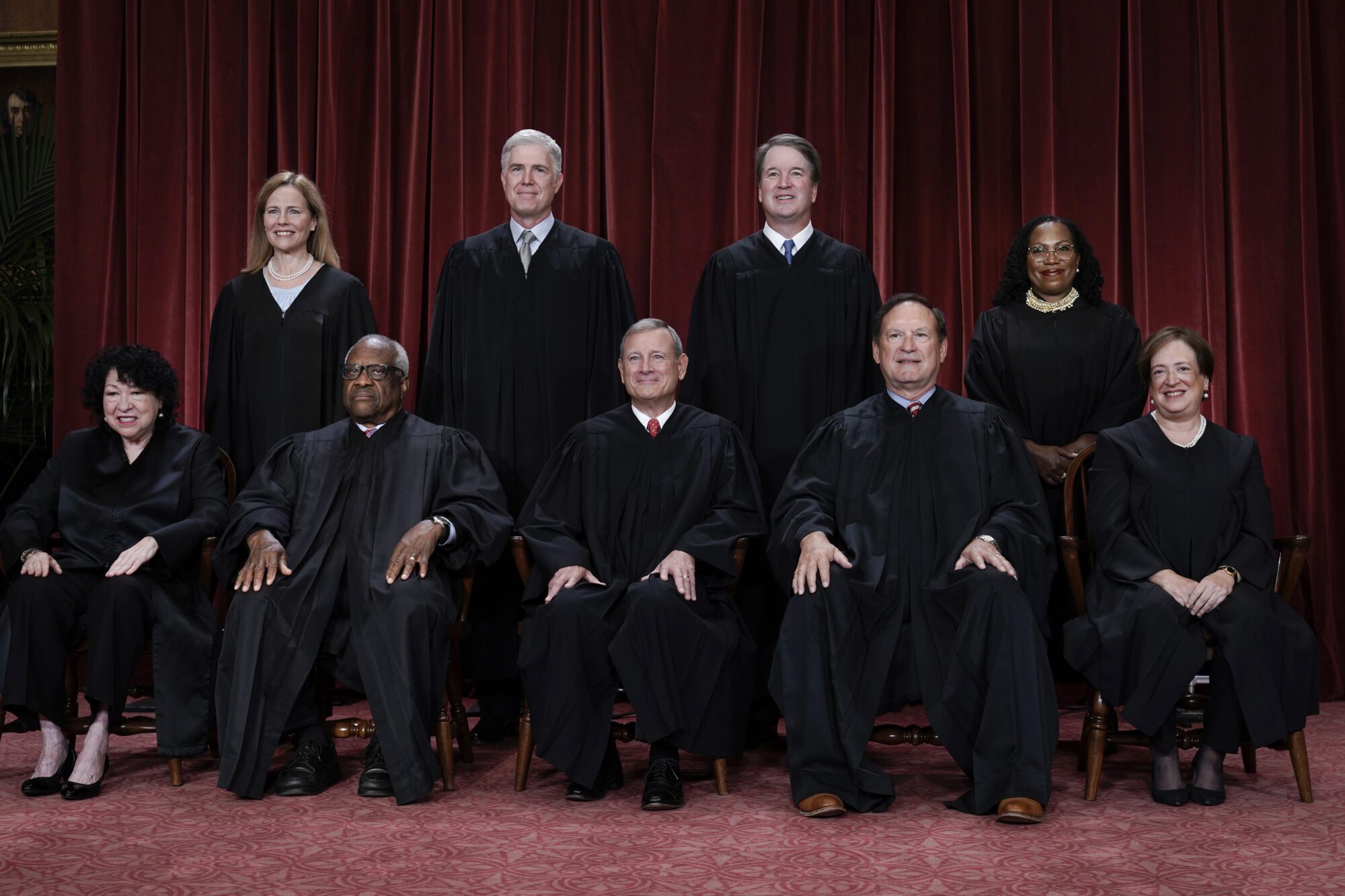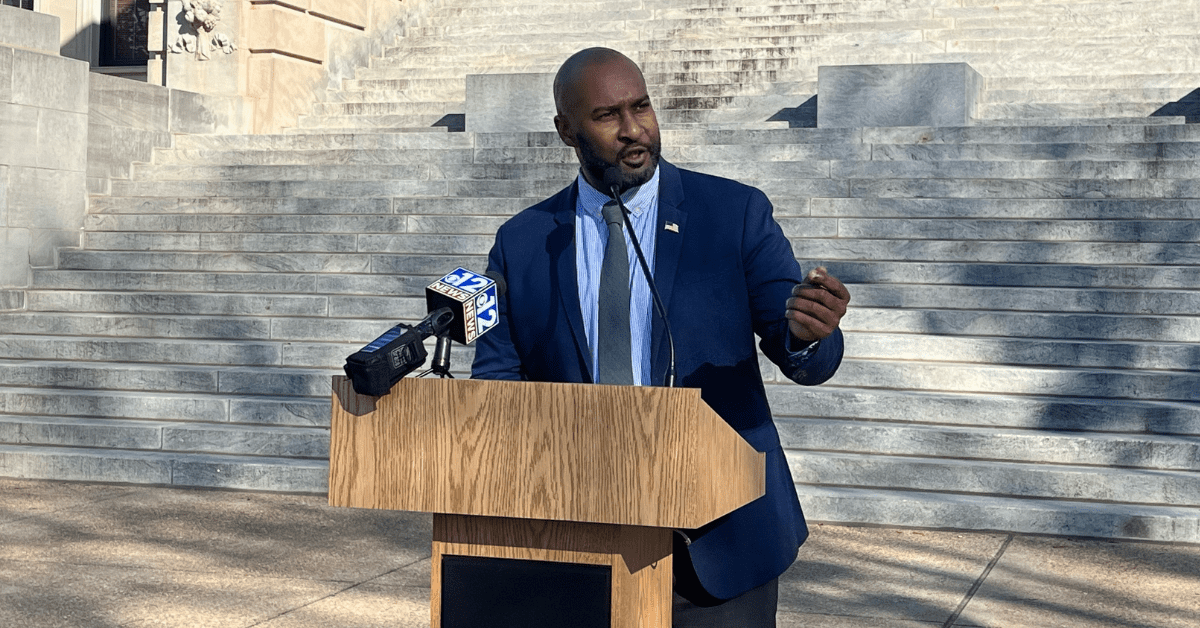
Lt. Governor Delbert Hosemann said he is looking to the 2021 Legislative session as one with a positive agenda. On his agenda are another teacher pay raise, work on the education budget, dual accreditation, eliminating year-round school barriers, scope of practice issues, and addressing shipment of alcohol in the state.
However, before they can get to work, Hosemann said lawmakers and leaders need to really consider a push back of session, at least until the pandemic is more under control and a vaccine is more accessible.
“Fortunately, we have members of the House and Senate from every corner of Mississippi that are going to show up here in three weeks. Some have had COVID like I did, and others are experiencing symptoms now, but we are very concerned,” said Hosemann. He said with the amount of people required to be in the building to make the session run, it could be categorized as a super spreader when members leave to go home to their different regions of the state.
The Lt. Governor added that this is a citizen’s legislature and ideally they want people to come and be a part of the legislative process each year. But he said without current access to the vaccine, everyone that comes into the building could be at risk.
“I think we do seriously need to consider putting off a month and coming back in,” said Hosemann.
To implement a delay, Hosemann said it would have to come from the House of Representatives, but he does not want a “come and go” process. He said they could adopt a plan to come in on a certain date and finish on a certain date, unless there is an emergency in which Governor Tate Reeves could call them in for a special session.
“All of our members of the Legislature have other jobs, they have businesses that they run and farms that they run and law practices and all the other things that they do out there,” said Hosemann. “So we can’t just be on yo-yo with them, come in two days, we’ll call you in a couple of weeks and we’ll give you 24 hours’ notice to come in. That’s not going to work.”
In the meantime, Hosemann did encourage the public to consider getting vaccinated when they are able to do so and to be wise during their Christmas and New Year’s plans. He says during this time people can make an impact on the numbers just by following the health department’s guidelines on social gatherings and mask wearing.
“Enjoy your families but be careful,” Hosemann said.
The 2020 session forced lawmakers to handle problems never encountered before while also paying mind to the issues already facing the state. Some of those issues included education and technology, which were only heightened in the midst of the pandemic.
In 2020, Mississippi saw $490 million in broadband expansion across the state. Hosemann said that initiative was one of the most successful accomplishments of the year.
“We are on target to have 50,000 new residents on track, that means children who will have access to broadband and can do their work at home,” said Hosemann.
He said they hope to see a continued expansion of broadband moving into 2021.
With the changing environment of schools, Hosemann also looks to eliminate any barriers a district might face to hold year-round schools, or a four-quarter school. He said he wants the decision to lie with teachers, administrators and the community as to whether or not this school model would be best for their children.
“What we then want to do is make sure there is not a monetary or legal barrier for them making a decision that they think is in the best interest of their children,” said Hosemann.
Moving from secondary education to higher education and the workforce, Hosemann said they plan to focus on bridging the gap in training.
Hosemann said roughly 24 percent of Mississippi’s students move on from high school to get a college degree. Hosemann said given that fact he wants to allow everyone to have access to a credentialing of some sort.
He said he has been meeting with community colleges across the state on how the legislature can help close the gap between those who seek higher education and those who enter the workforce after graduating high school. This agenda also plays into the Legislature’s push for workforce development and connecting skilled workers with employers to fill gaps in the market.
With over 100 bills already on the table from members, Hosemann said they also plan to put an emphasis on restoring Mississippi’s parks and wildlife areas. He said to get the state’s public parks in order it will be an investment of roughly $147 million.
“That’s a staggering cost which means we’ve probably been ignoring them for some period of time to get them like that,” said Hosemann.
He said he believes it is important to ensure those areas are up to speed and operational for families to enjoy.
Another point of interest he has taken note of from the public is the delivery of alcohol, especially during the pandemic. The ABC has been behind for weeks in some instances in delivering product. While there was legislation last year to allow for direct order and shipment of alcohol to your home, it was not passed.
Hosemann also plans to look into particular aspects of healthcare, like scope of practice. He said he hopes to provide OBGYN’s for FQHC’s, a bill that was passed last year but did not receive funding because of COVID-19. He said he plans to revisit the topic and other deliveries of healthcare, such as medical record sharing between medical facilities.
“If you get in an accident in one part of Mississippi and they have access to your records somewhere else, I think it’s a cost saver and also a health initiative,” the Lt. Governor noted.
Possible criminal justice legislation will be filed this year, a bill Hosemann said is likely to pass. Lawmakers attempted to pass a criminal justice bill in 2020 but were unsuccessful in getting it through the Governor’s office. It was one of the bills vetoed by Reeves after session.
This year, the Lt. Governor’s office will be in charge of the adoption of the FY 2022 budget.
While revenue numbers are currently still high and over sine die estimates, Hosemann said they do have great concerns about the first quarter of 2021 when all of the federal workers compensation programs have ended. Mississippi alone has paid over $3 billion in unemployment since the pandemic began.
Hosemann said while there are a lot of items on the agenda, his most favorite will be making sure government functions effectively. In 2020, the Legislature dissolved two state agencies entirely and shrunk others for effectiveness and cost saving.











